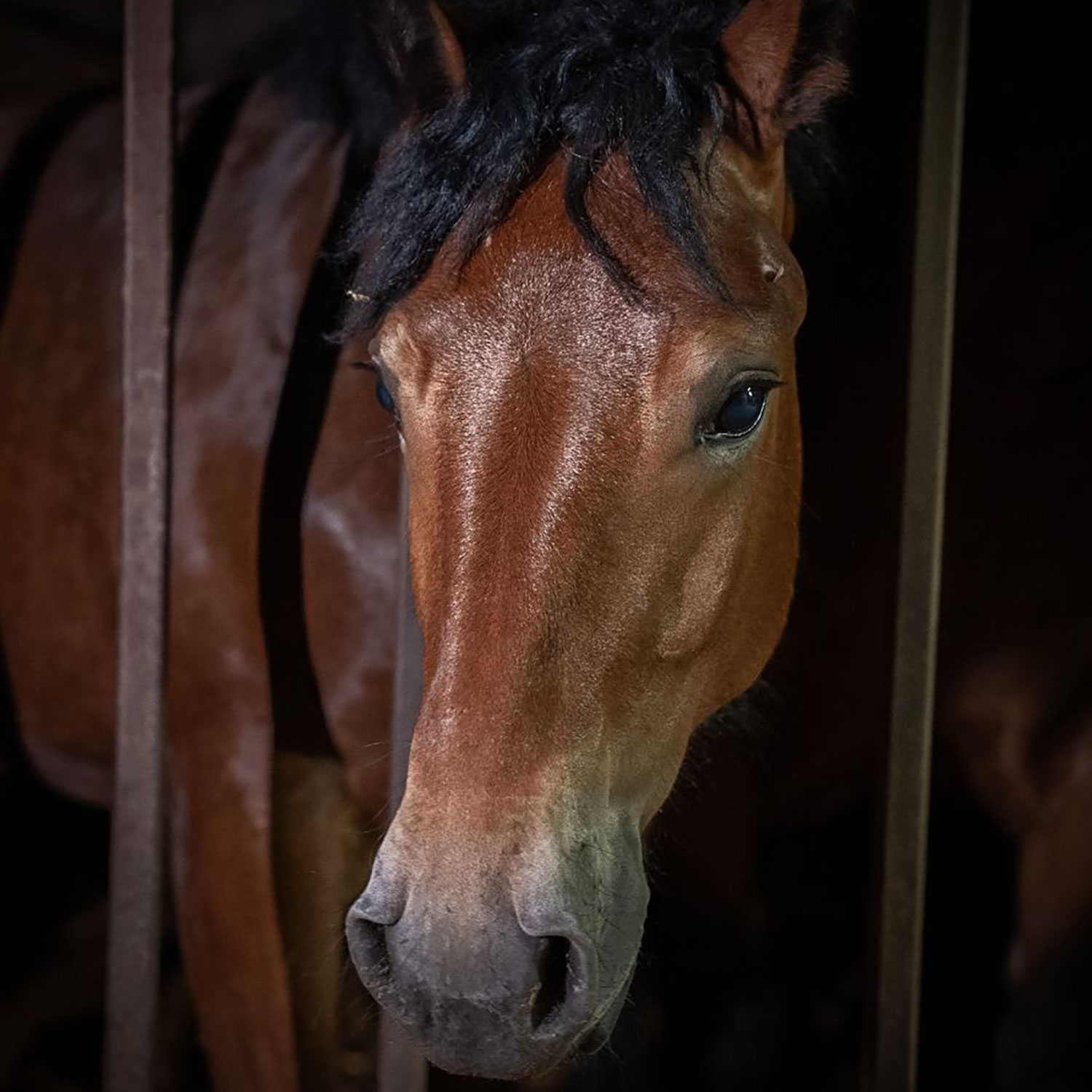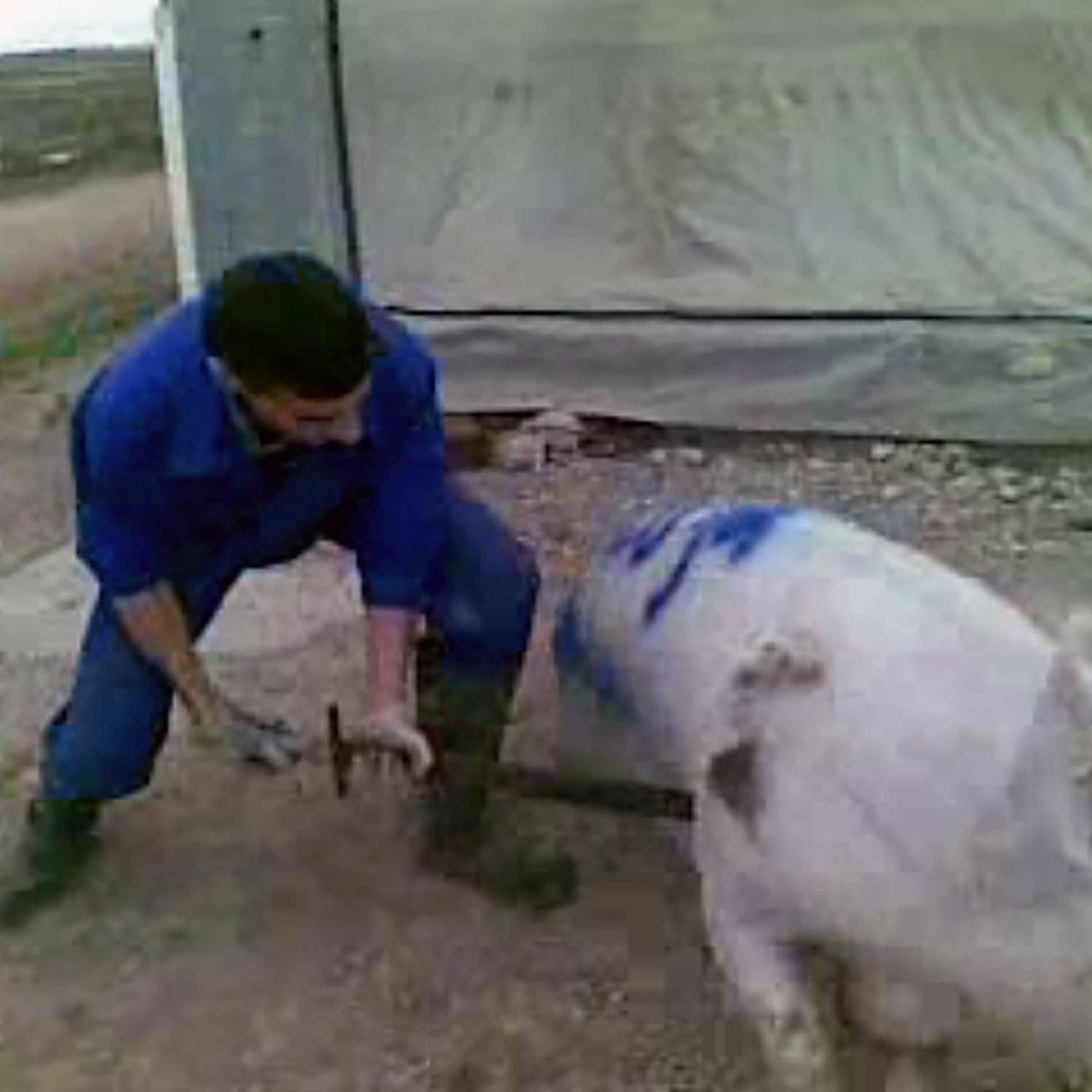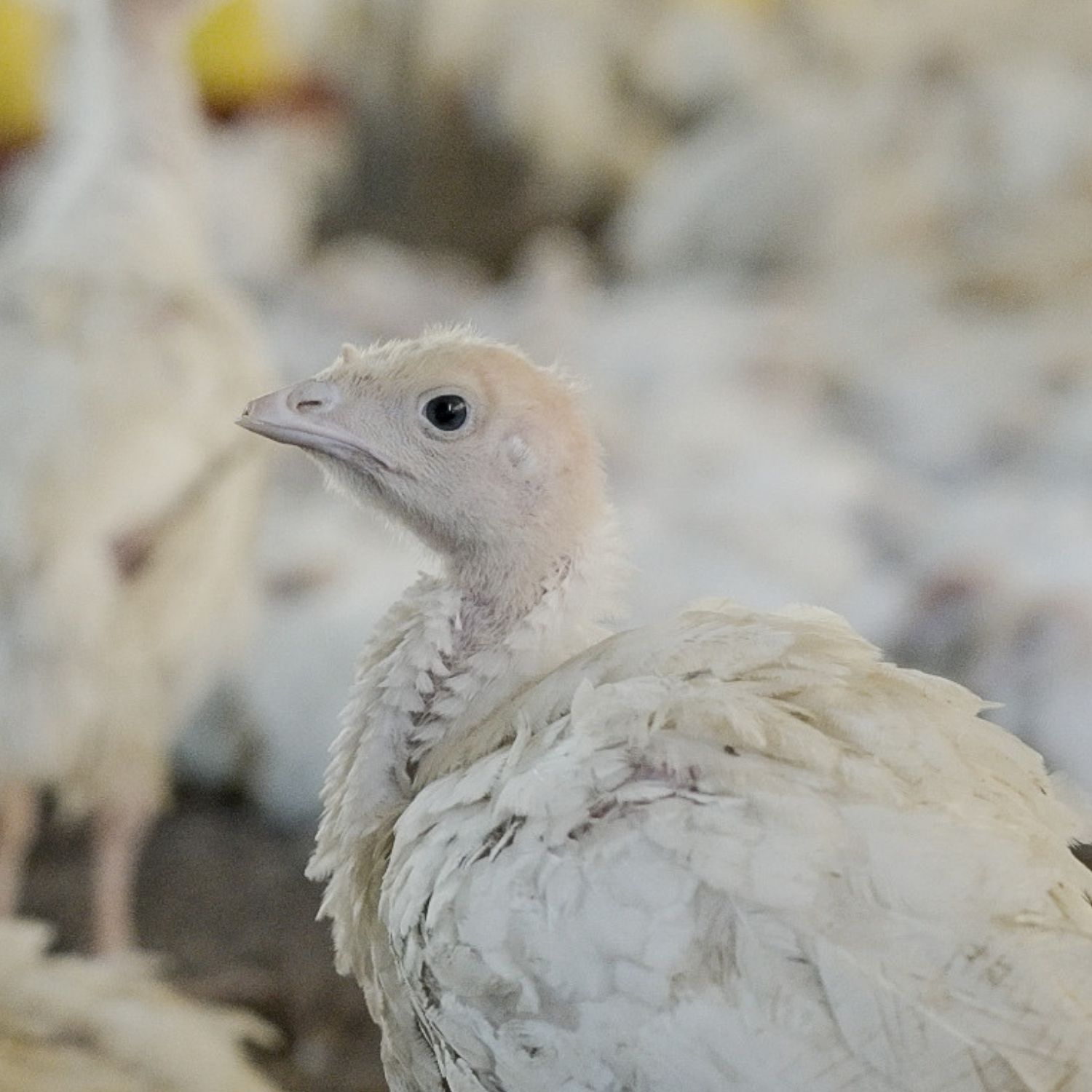China announces plan to phase out sale of live-birds for meat
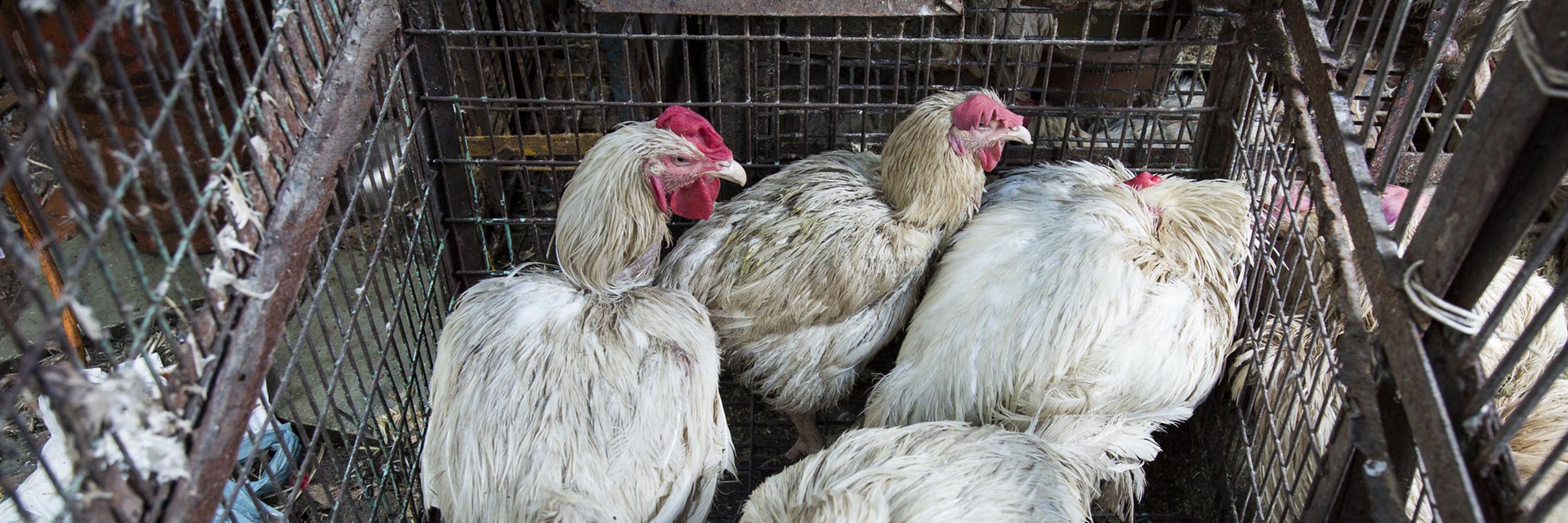
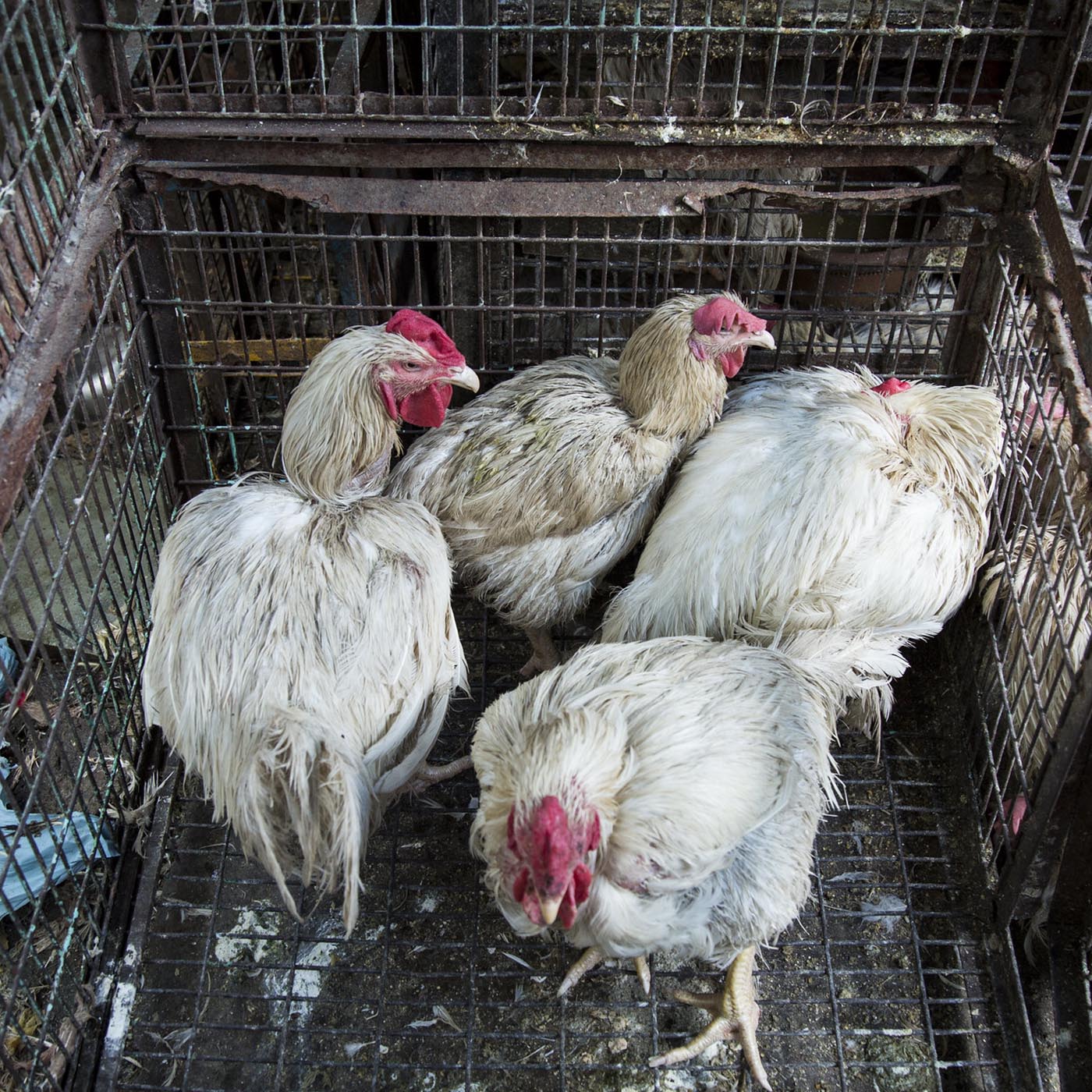
The Chinese government recently announced that the country will gradually phase out and eventually stop the sale of live chicken, ducks and other birds at wet markets and wildlife markets amid virus concerns and after a recent COVID-19 outbreak in Beijing was traced to a major wholesale market and sickened over 300 people.
BACKGROUND: Scientists believe that COVID-19 evolved to humans at a wet market selling live and dead animals in Wuhan, China. Wet markets are open-air markets in which vendors sell a variety of fresh goods. Some wet markets, like the one in which the virus originated, sell and slaughter domesticated and wild animals who are kept in extreme confinement and unsanitary living conditions.
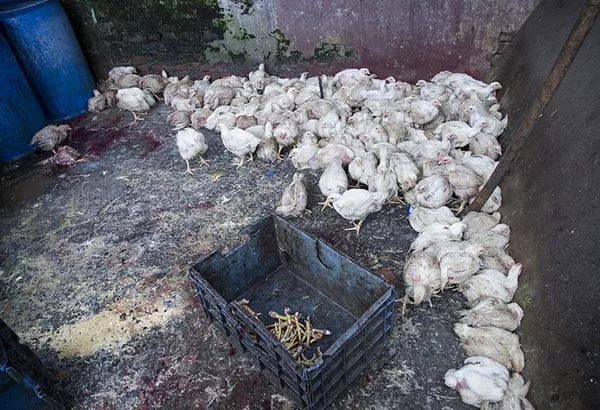
WILL DECREASING THE SALES OF LIVE-BIRDS MAKE US SAFER?: Officials are encouraging cities to arrange centralized production lines for the slaughter of birds, which would be more organized and regulated. Wet markets that sell animals are a breeding ground for disease due to their layout and infrastructure; and because of the close proximity of humans and different species of animals (living and deceased). Eliminating these markets would reduce the risk of virus spread, but we must keep in mind that even on modern factory farms and slaughterhouses there’s still risk of disease outbreaks with pandemic potential.
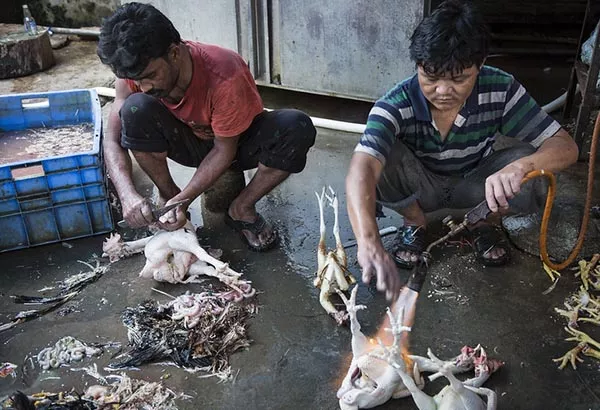
WILL IT BE BETTER FOR THE ANIMALS?: Live-animal markets are a nightmare for all animals trapped in them. They’re forced to live in cramped cages, which are often stacked on top of one another, allowing urine and feces to fall on the animals below. Birds in these markets are either killed on the spot for customers, or the customer can choose to purchase the animal and slaughter him or her at home. Either way, the terrified birds’ throats are typically slit while the animals are fully conscious and able to feel pain. Modern farming systems are more regulated and typically require birds to be stunned before they’re killed. However, due to the ultra-fast speed at which birds are slaughtered, many aren’t stunned properly, and endure the agony of having their throats slit or being scalded to death in defeathering tanks. Eliminating the live-bird trade is a positive step, however, in both live-animal markets and modern farming systems, animals suffer tremendously and live miserable lives.
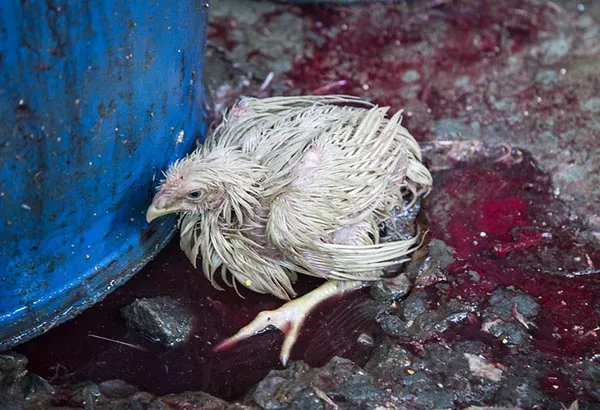
WHAT YOU CAN DO: The best thing you can do for animals and for public health is to stop eating animal flesh, milk, and eggs. It’s been proven that humans can live happy healthy lives without consuming any animal-derived foods! And, take a moment to sign our petition urging the United Nations to recommend a ban on wet markets that sell animals.
JOIN THE 500,000+ PEOPLE WHO HAVE SIGNED OUR PETITION URGING A BAN ON WET MARKETS THAT SELL ANIMALS

